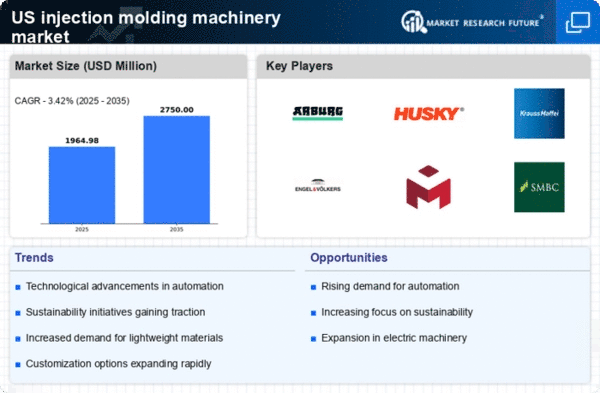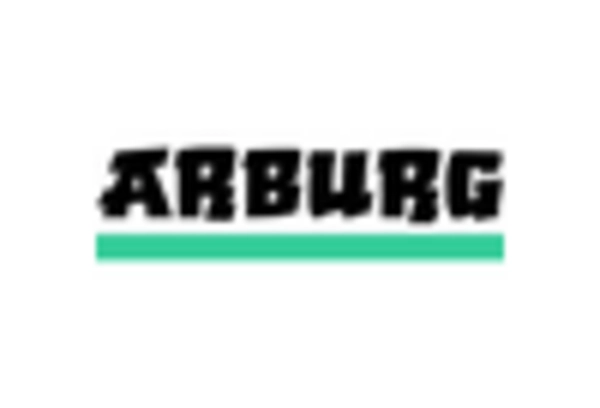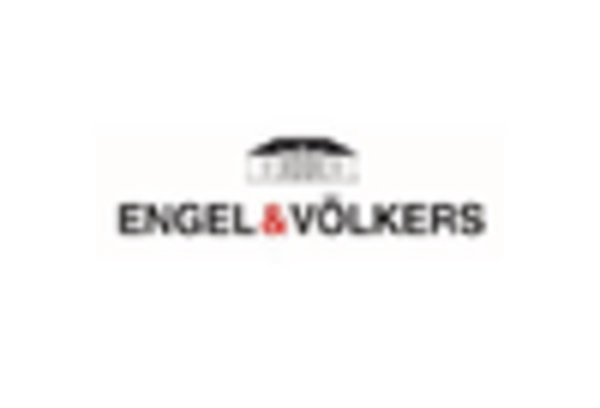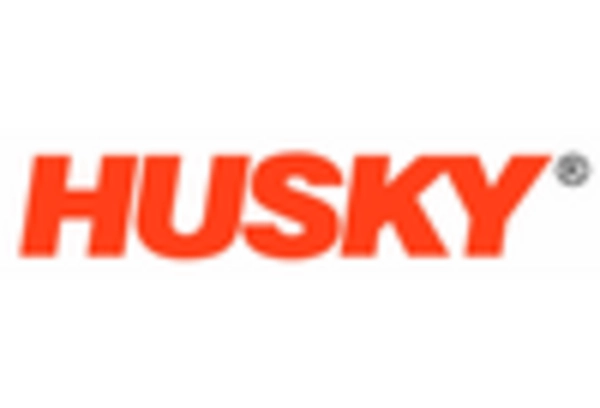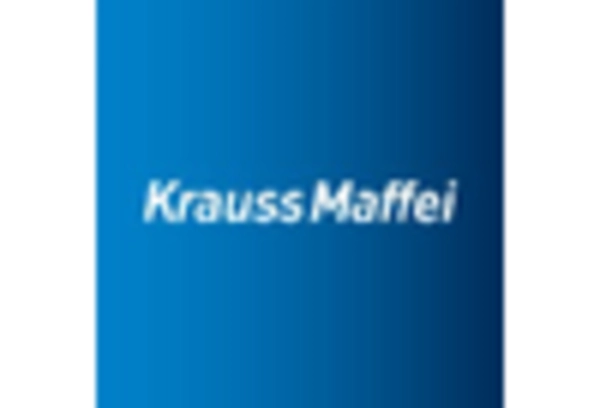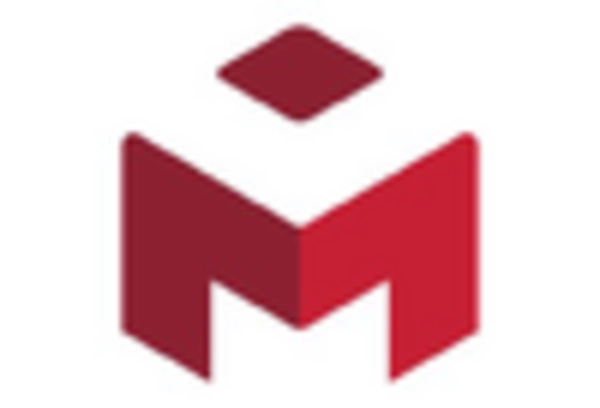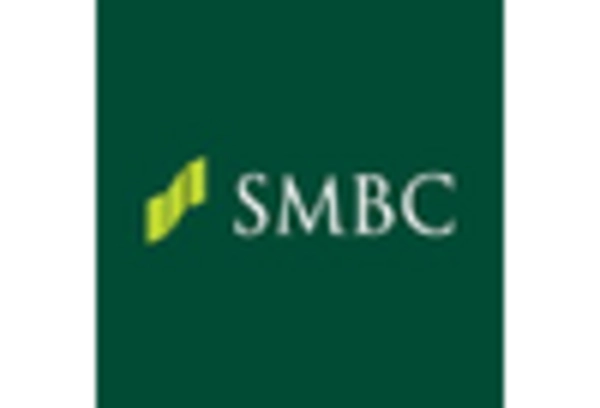Increased Focus on Automation
The injection molding-machinery market is witnessing a growing emphasis on automation and smart manufacturing. As companies strive to enhance productivity and reduce operational costs, the integration of automation technologies into injection molding processes is becoming increasingly prevalent. In 2025, it is estimated that automated systems could account for up to 40% of new machinery sales in the market. This shift not only improves efficiency but also minimizes human error, thereby ensuring consistent product quality. The trend towards Industry 4.0 is likely to further accelerate the adoption of automated solutions, positioning manufacturers to better meet the demands of a competitive landscape.
Growth in Consumer Electronics
The injection molding-machinery market is significantly influenced by the burgeoning consumer electronics sector. With the increasing demand for electronic devices, manufacturers are turning to injection molding for the production of intricate components with high precision. In 2025, the consumer electronics industry is expected to contribute around 25% to the overall market revenue. This growth is driven by the need for rapid prototyping and mass production capabilities, which injection molding offers. As technology continues to advance, the ability to produce complex geometries and integrate multiple functions into single components will likely enhance the appeal of injection molding machinery in this sector.
Expansion of the Packaging Industry
The injection molding-machinery market is poised for growth due to the expansion of the packaging industry. As consumer preferences shift towards convenience and sustainability, manufacturers are increasingly utilizing injection molding to create innovative packaging solutions. In 2025, the packaging sector is anticipated to represent approximately 20% of the market share, driven by the demand for lightweight, durable, and recyclable materials. This trend necessitates the development of advanced injection molding technologies that can produce high-quality packaging at scale. Furthermore, the rise of e-commerce is likely to further fuel this demand, as efficient packaging solutions become essential for shipping and logistics.
Rising Demand for Lightweight Materials
There is a notable increase in demand for lightweight materials, particularly in the automotive and aerospace sectors. As manufacturers seek to enhance fuel efficiency and reduce emissions, the shift towards materials such as thermoplastics and composites is becoming more pronounced. This trend is likely to drive the adoption of advanced injection molding technologies that can accommodate these materials. In 2025, the automotive industry alone is projected to account for approximately 30% of the total market share, indicating a robust growth trajectory. Consequently, machinery that can efficiently process lightweight materials is essential for manufacturers aiming to remain competitive in this evolving landscape.
Regulatory Compliance and Safety Standards
The injection molding-machinery market is significantly impacted by the evolving landscape of regulatory compliance and safety standards. As industries face increasing scrutiny regarding environmental impact and worker safety, manufacturers are compelled to invest in machinery that meets stringent regulations. In 2025, it is projected that compliance-related investments could account for approximately 15% of total machinery expenditures. This trend underscores the importance of adopting advanced technologies that not only enhance production efficiency but also align with regulatory requirements. Consequently, manufacturers are likely to prioritize injection molding machinery that incorporates safety features and environmentally friendly practices.


